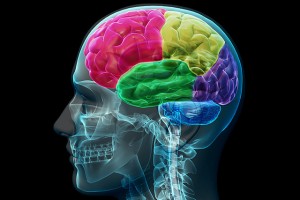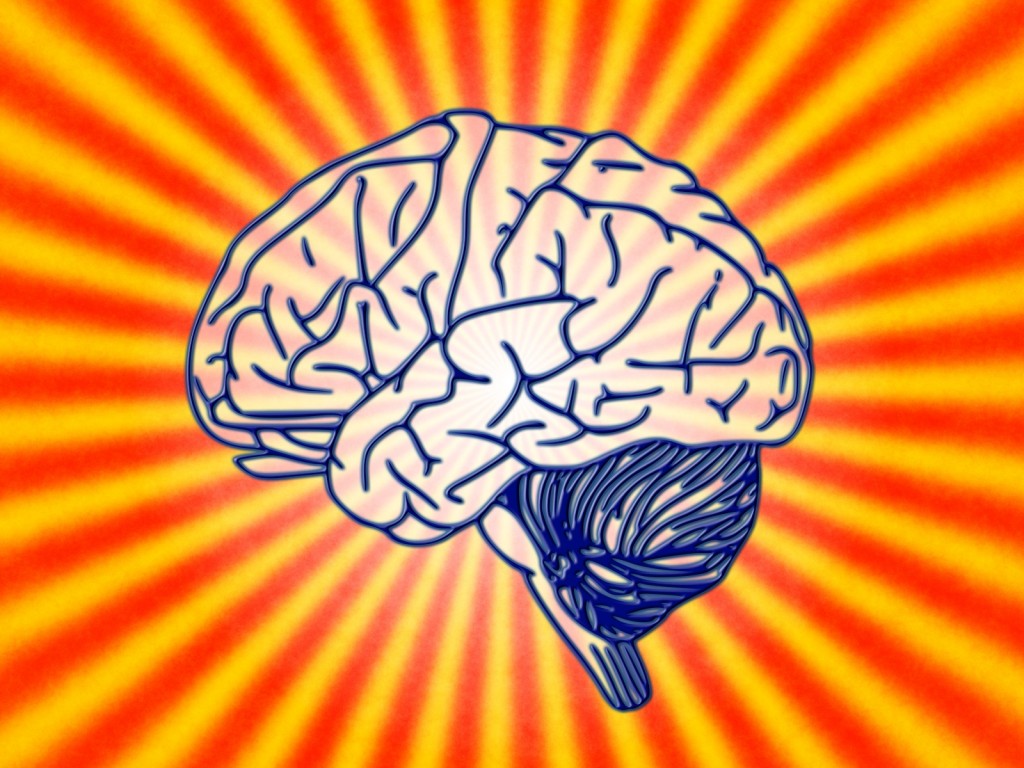If you’ve ever caught yourself telling a white lie, don’t feel too bad – blame it on your brain. New research suggests that your brain might be accustomed to lying if you’ve done it enough in the past. A study published in Nature Neuroscience shows that the brain can pick up on these types of habits over time.
To conduct their research, neuroscientist Tali Sharot and her colleagues at University College London designed an experiment for 80 study participants. The individuals were asked to play several versions of a two-person guessing game. The concept was simple – guess how many pennies are in a jar.
 However, some people were incentivized to lie during the game. In a different version, some were told that giving their partner a hint could help them both in the end. In another, participants were told that they would benefit by misleading their partners as they guessed.
However, some people were incentivized to lie during the game. In a different version, some were told that giving their partner a hint could help them both in the end. In another, participants were told that they would benefit by misleading their partners as they guessed.
As the individuals participated in the games, the scientists used a functional magnetic resonance imaging scanner on 25 of them to observe their brain activity. They discovered that when people initially lied at the expense of their partner, they only slightly stretched the truth. A region of the brain called the amygdala, which is associated with emotion, lit up in the scans.
However, this region slowly began to wane as the lying became more significant. Researchers believed that this indicated that the participants became increasingly comfortable with telling white lies to their partners as they did so more frequently.
“Dishonesty is an integral part of our social world, influencing domains ranging from finance and politics to personal relationships,” they wrote in their report. “Anecdotally, digressions from a moral code are often described as a series of small breaches that grow over time. Here we provide empirical evidence for a gradual escalation of self-serving dishonesty and reveal a neural mechanism supporting it.”
So could a few white lies hurt you in the end? Probably not – unless you take it up as a habit.
“Behaviorally, we show that the extent to which participants engage in self-serving dishonesty increases with repetition,” the authors concluded. “The findings uncover a biological mechanism that supports a ‘slippery slope’: what begins as small acts of dishonesty can escalate into larger transgressions.”
Sources
Garrett, Neil. Lazzaro, Stephanie. Ariely, Dan. Sharot, Tali. “The brain adapts to dishonesty.” Nature Neuroscience. Published October 24, 2016.
Amina Khan. “Neuroscientists show how tiny fibs snowball into big lies.” Los Angeles Times. Published October 24, 2016.
